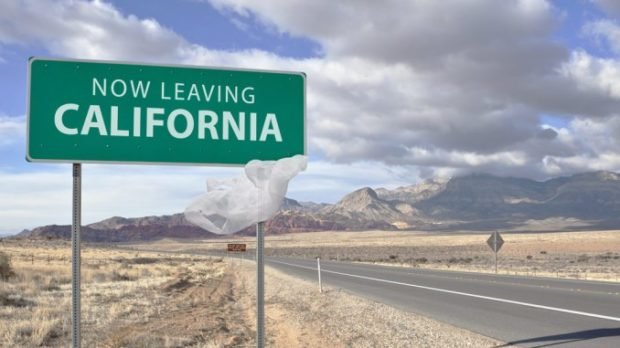US Supreme Court Takes Up Clean Water Act Dispute

The U.S. Supreme Court will decide whether or not the Ninth Circuit appeals court erred in a Clean Water Act (CWA) case that petitioners say would dramatically expand the law’s reach.
The case, County of Maui, Hawaii, v. Hawaii Wildlife Fund, centers around whether or not the CWA requires permits for “nonpoint” sources of pollution that travel through regulated waterways.
Maui’s attorneys argue the Ninth Circuit’s “radical expansion of point source permitting” goes beyond the CWA’s scope by applying its case-by-case test that expanded what projects require CWA permits.
Petitioners also argue the decision would subject taxpayers to costly permits and fines. The Ninth Circuit ruling could also mean property owners with, say, septic tanks could be looped into a new regulatory scheme. The Environmental Protection Agency (EPA) oversees CWA permits, but the agency often delegates implementation to states — though EPA does issue CWA permits for Hawaii.
The Ninth Circuit appeals court unanimously ruled against Maui County in early 2018, siding with environmental activists who support the expansion of CWA authority. The county petitioned the Supreme Court to hear their case in August 2018.
Specifically at issue here are underground wastewater injection wells that’s part of the 40-year-old Lahaina Wastewater Reclamation Facility. The project reclaims wastewater from homes and businesses, but is also a major source of discharge into the Pacific Ocean.
CWA permits are required for discharges from so-called “point sources,” like the Lahaina facility, into navigable waterways, but not pollution from “nonpoint sources,” like groundwater — the latter are regulated under a separate regulatory regime.
However, the Ninth Circuit ruled that, on a case-by-case basis, “point sources” that discharge pollution into groundwater that eventually migrates into navigable waters are subject to CWA permits.
“At bottom, this case is about preventing the County from doing indirectly that which it cannot do directly,” Judge D.W. Nelson ruled for the appeals court in February 2018. “To hold otherwise would make a mockery of the CWA’s prohibitions.”
Nelson’s opinion relied heavily on former Justice Antonin Scalia’s plurality opinion in Rapanos v. United States.
Environmentalists say the Ninth Circuit correctly applied the plurality decision in Rapanos that “broadly forbids all unpermitted point source discharges” into navigable waters.
“There is no basis for Petitioner’s alarmist claim the Ninth Circuit’s decision sweeps millions of new sources into” new permitting, environmentalists wrote in their high court petition.
However, petitioners and their allies argue the Ninth Circuit incorrectly applied Rapanos in this case.
“The plurality opinion nowhere addresses whether groundwater pollution could ever be subject to direct CWA regulation,” reads a petition filed by the Pacific Legal Foundation (PLF), the group that represented the petitioners in Rapanos.
Content created by The Daily Caller News Foundation is available without charge to any eligible news publisher that can provide a large audience. For licensing opportunities of our original content, please contact licensing@dailycallernewsfoundation.org



